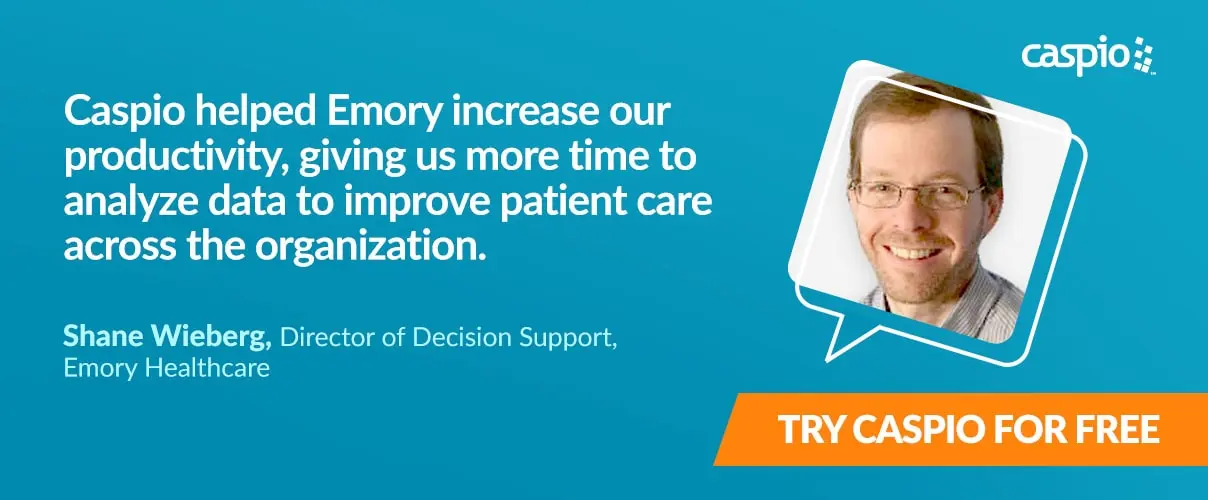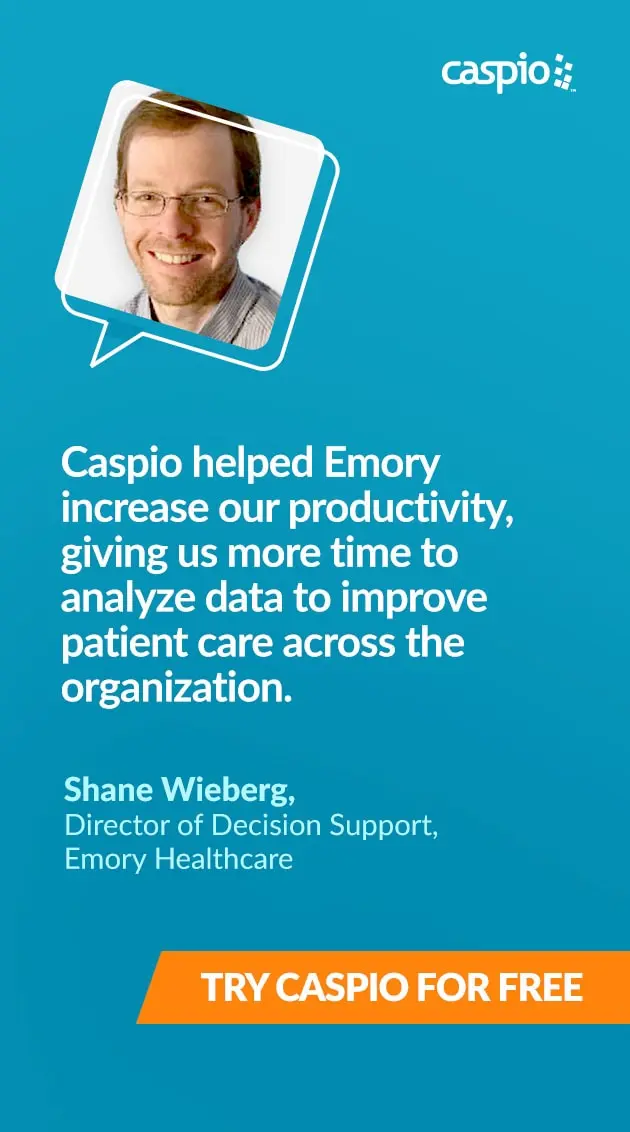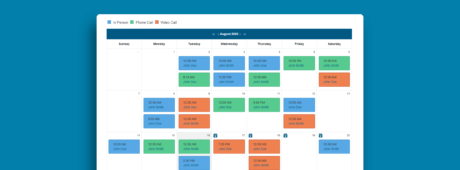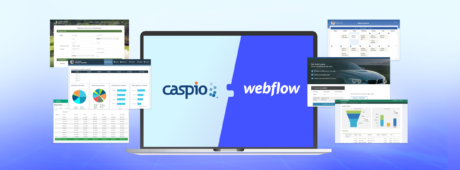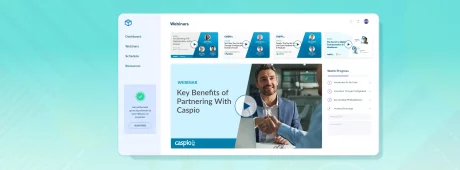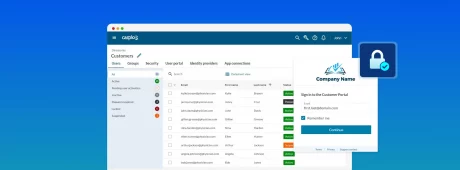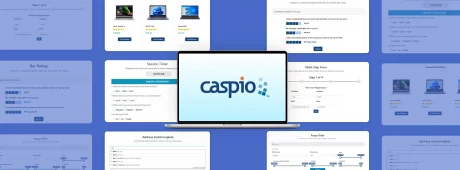Reasons Why Healthcare Organizations Should Have Patient Portal
March 24, 2015

With the surging demand for patient-centric care services, patient portals are experiencing fast growth in the U.S. healthcare sector. According to the latest research from Frost & Sullivan, the patient portal market is expected to grow by 221% to nearly $900 million in 2017. What’s more, online patient portals demonstrably improve healthcare outcomes while lowering costs, making them even more attractive investments for care providers.
When it comes to choosing the right patient portal software, healthcare organizations are often tempted to choose a packaged software solution. Although packaged solutions may set them up for a quick start, the one-size-fits-all approach often brings with it other problems that outweigh any initial benefits.
Some common challenges and pitfalls healthcare organizations face when implementing a packaged patient portal include:
1. The eventual need for customization.
No matter how comprehensive the features may be in a patient portal, most healthcare organizations still require a certain level of customization based on their unique needs and internal processes. A look at the patient portal study published by HealthIT.gov shows that a majority of users experienced frustration over having to work within set standards and a lack of customization options.
2. Escalating costs.
The total cost of ownership for a ready-made solution usually goes far beyond the initial quote you receive from a vendor. On top of the licensing fees, other significant sources of hidden costs include internal training, system integration, and the high probability of hiring consultants to ensure full compliance.
3. A lack of qualified internal IT resources.
The technical complexities of implementing a patient portal under strict industry mandates require highly-skilled IT professionals to ensure a successful rollout and manage on-going maintenance. This can be a major roadblock for many healthcare organizations where IT resources are always in short supply.
4. Language limitations.
Another factor to consider is language localization. Packaged solutions are often only provided in English, while in reality each patient community typically involves multiple languages. As Blackstone Valley Community Healthcare learned when rolling out their portal, the language barrier experienced by non-native English speakers seriously diminished enrollment and the overall effectiveness of the program.
In lieu of re-engineering an ineffective program, many are choosing to go with a customized solution from the start. Caspio’s HIPAA-compliant platform offers healthcare providers a rapid application development platform to create custom cloud applications, eliminating programming and decreasing time-to-market by a factor of 10. Users also benefit from Caspio’s Professional Services team to assist in the application planning, building, and deployment for a successful program rollout.
There are many advantages healthcare organizations experience when creating their own patient portal using Caspio:
- Purpose-built applications to answer specific needs.
Most packaged patient portals are packed with various functions and features that may not be relevant to a practice. Implementing such a solution takes a toll on budgets and racks up extra hours as staff struggle to adapt to the new tool.
With a versatile platform like Caspio, however, organizations can custom-build patient portals that fit their existing processes. Whether you’re looking for a tool to allow your patients review and download their medical documents online, provide access to specific educational resources, or offer a web-based communication channel, Caspio allows you to build your unique application based on your exact requirements.
- Effective cost control and management.
Having a custom-built patient portal also helps users feel more connected and familiar with the tool, which shortens the learning process significantly and saves time on internal training. Furthermore, unlike other patient portals that sell you an entire package regardless of your actual requirements and user base, Caspio’s pricing model is usage-based, meaning you would only be paying for what you use with no limits on the number of users.
- 24/7 HIPAA compliance.
Another big advantage of using the Caspio platform is that all your data and applications can be maintained within a HIPAA-compliant cloud environment with all the physical, administrative, and technical safeguards to meet or exceed HIPAA requirements. Learn more about Caspio’s HIPAA Compliant Edition.
- Maximized patient portal effectiveness through localization.
One other benefit that can help healthcare organizations solve language challenges within diverse patient communities is Caspio’s localization capabilities. All text that appears within your application interfaces can be translated into any language with a simple click-of-a-button. You can easily create multiple localizations and offer different language versions for the same application.
Many healthcare organizations and government agencies have chosen Caspio’s HIPAA-compliant platform to create their own patient portals, open enrollment management systems, and insurance exchanges.
To learn more, sign up for a no-obligation project consultation with a Caspio product specialist.
